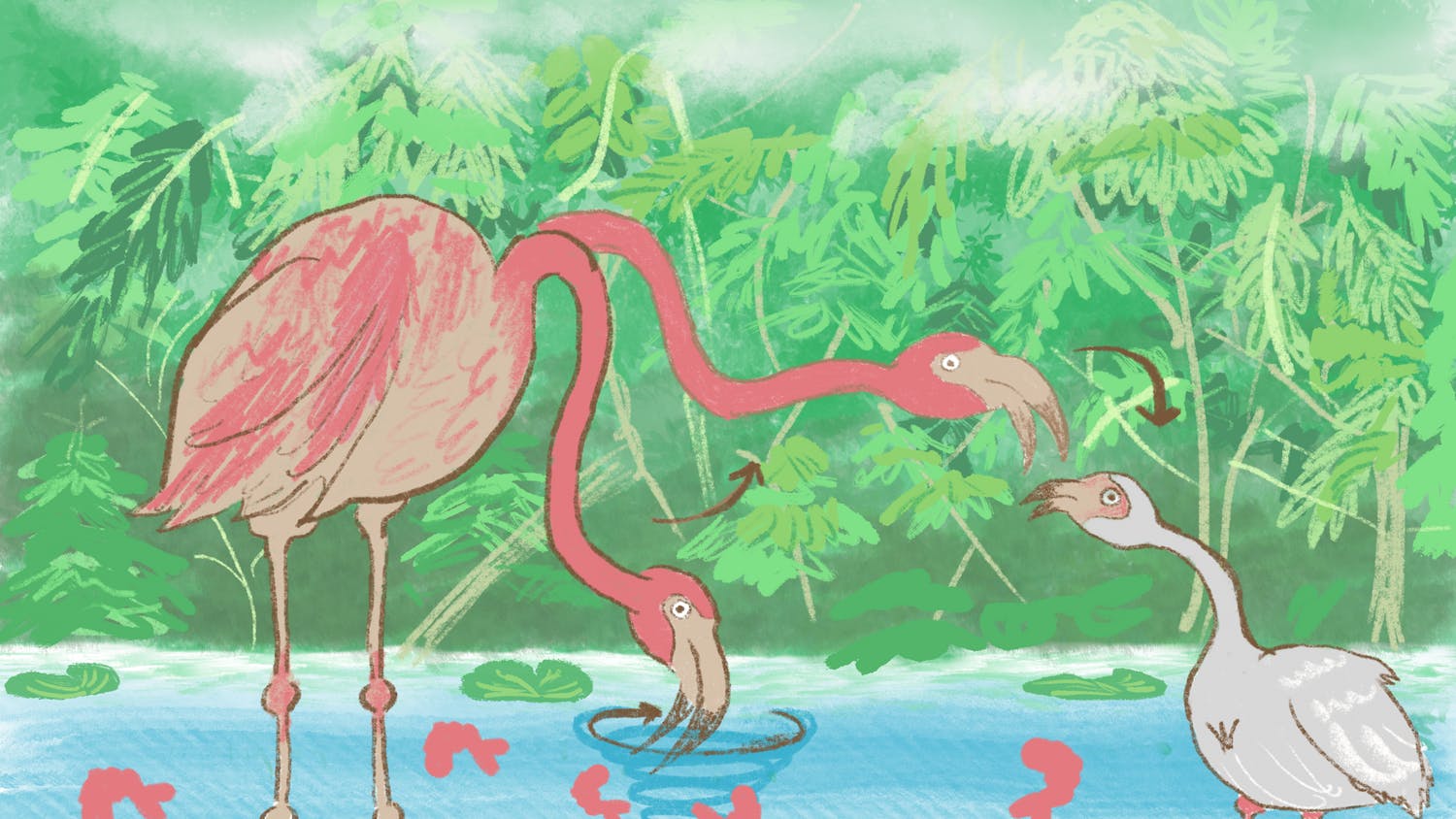In October, actress Raven Symone voiced an opinion that has gained increasing traction during recent years.
Explaining her exhaustion with labels and being compartmentalized, Symone boldly said she does not wish to be thought of as “gay” or “African-American.”
Instead, she would prefer to be thought of as a human being who loves all other ?human beings.
In light of the recent controversies surrounding the 2015 Oscar nominees for best actor and actress, this school of thought is increasingly appealing to those arguing on behalf of the ?academy.
These individuals claim the statuses and identities of the artists nominated for the awards are irrelevant and that their performances are being evaluated on an even playing field.
I fear Ms. Symone and those arguing against academy naysayers have overlooked the core truths of what identity means to us as members of a modern global culture.
Among the constructs of our society, identity is a ?powerful force.
Our minds are inculcated with a sense of social hierarchy from the moment we are born, as both intentional and subliminal cues of “superior” or “lesser” bombard us from all sides.
For example, it is virtually impossible for an individual to be “colorblind,” since he or she has been wired to immediately evaluate color upon sight.
When individuals from oppressed social groups aim to remove a label from themselves, they are effectively erasing the legacy of hard-earned progress from which they benefit.
Ignoring one’s heritage is a dangerous thing, as time and time again history has proven to repeat itself.
In addition, neglecting a group or individual’s ?history of oppression ?dampens discussions concerning contemporary issues and areas in need of ?progress.
Perhaps even more dangerous is that ignoring labels allows the shame surrounding a label to continue in ?silence.
Take, for example, LGBT youth.
According to the Centers for Disease Control and Prevention, young people that identify as LGBT are more than twice as likely as their straight peers to have ?attempted suicide.
Refusing to be called “lesbian” or “bisexual” sends the message that these identities are shameful and unwelcome in a worthy individual’s life.
Instead, those of us that are members and allies of oppressed groups need to stand together in a reclaiming of our identities.
Let’s refuse to allow words such as “queer” or “bitch” to degrade us.
Instead, let them empower us.
By owning our identities, we rob our oppressors of some of the control they crave.
Last May, actress Lupita Nyong’o delivered a powerful speech at Essence magazine’s annual Black Women in ?Hollywood event.
Mentioning the lack of positive black beauty she noticed as a young woman, Nyong’o described her difficult coming-to-terms with how dark faces can, in fact, be gorgeous regardless of ?society’s indicated ?preferences.
Nyong’o and peers that share her philosophy on identity are championing an empathetic and inclusive ?language we all can learn from.
sjdickma@indiana.edu





